Showing 132 results for:
tiktok
Popular topics
All results
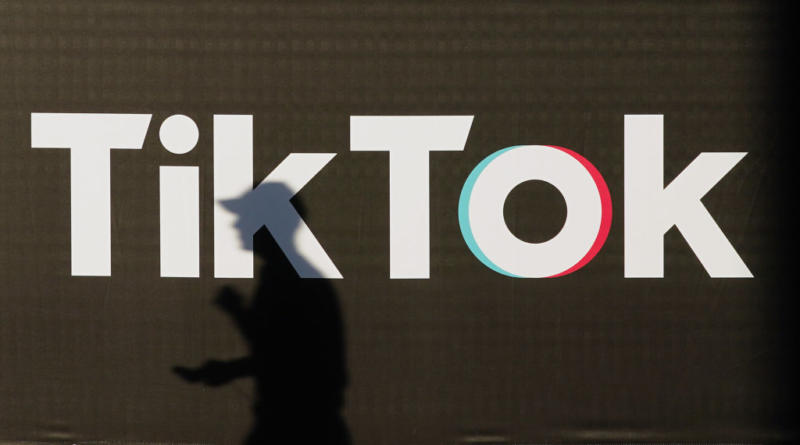
As the U.S. government inches closer to banning TikTok, its millions of American users are left with pressing questions: Will the app still work? What happens to creators and businesses that rely on it? And what’s the truth behind those rumors about Elon Musk buying the platform? Let’s break down what this potential ban means for TikTok users — and what steps they can take to prepare. Will TikTok Still Work After The Ban? If no one intervenes and the ban goes into effect, TikTok will be removed from app stores like Google Play and the Apple App Store. While current users may still have access to the app, CBS News reports that one likelihood is that they won’t receive updates, which will likely lead to significant performance issues over time. Without updates, key features like bug fixes, video uploads, editing tools, and personalized content recommendations may falter. There’s also the possibility that Internet Service Providers (ISPs) could block TikTok’s servers entirely, making...

Editorial Note: Opinions and thoughts are the author’s own and not those of AFROTECH™. Remember when teachers used to warn us not to let one bad apple spoil the bunch? Now, amplify that idea by millions. Imagine the impact of that spoiled apple hitting some groups harder than others. That’s exactly what Black creators face with the looming TikTok in the United States. Like most things in the United States, when things go south, they disproportionately impact the Black community. And with Black creators having a history of overcoming barrier after barrier to have their content seen and valued, the removal of a major social platform will be catastrophic for some. TikTok: A Stage For The Unseen For Black creators, TikTok has been a platform that provided opportunities for visibility and reach that many creators couldn’t find elsewhere. It’s where viral dances, cultural commentary, and grassroots movements can exist side by side. It’s where creators like Khaby Lame, who broke barriers...

Fanbase, founded in 2018 by Isaac Hayes III, is rapidly climbing the charts in the App Store. The Atlanta, GA-based social media company allows users to not only create content but also get paid through various mediums, including video, photos, audio, and stories, its website mentions. Additionally, through subscriptions valued from $2.99 to $99.99, users can further support creators in exchange for exclusive content. “For people who value content and community, Fanbase is a free-to-download, free-to-use, next-generation social network that allows any user to earn money from day one,” the company website reads. Moreover, users not only have a chance to participate in Fanbase but can also opt-in to become an investor. For a minimum amount of $399, users make an investment that will be “speculative, illiquid, and involves a high degree of risk , including the possible loss of your entire investment.” “I’m the only Black-founded start-up social media app that’s currently in existence...
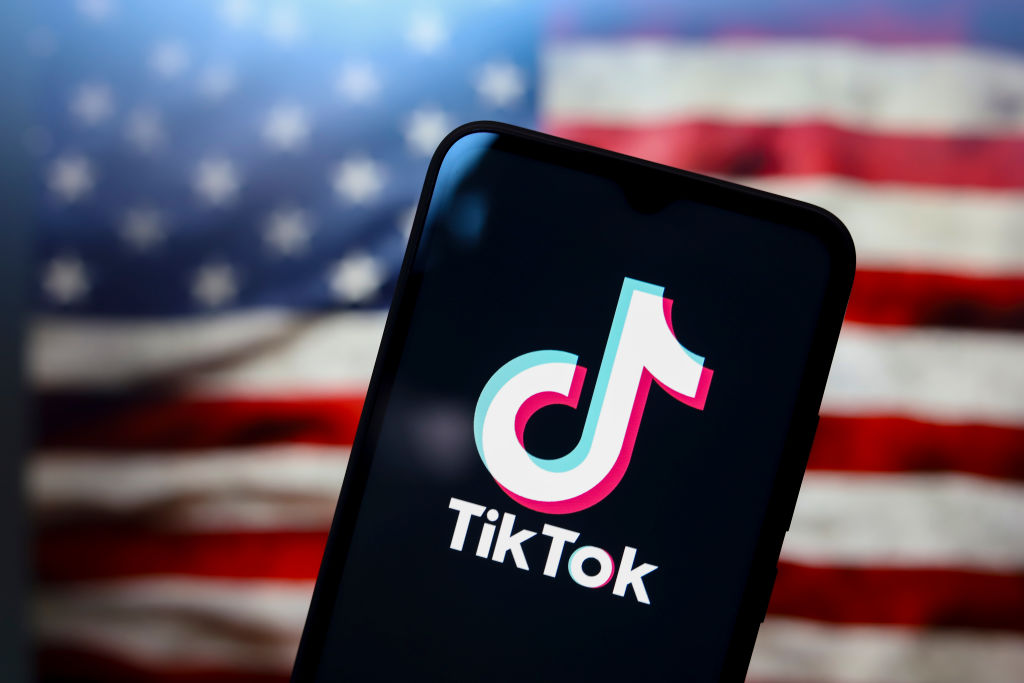
Users are already looking to find new social homes to replace TikTok. Is TikTok Going Away? As AFROTECH™ previously told you, the platform is on the brink of a potential ban following President Joe Biden’s signing of a law in April 2024, which requires ByteDance, the owner of TikTok, to sell the platform to a U.S.-based company within a year “For years, the Chinese government has sought to build detailed profiles about Americans – where we live and work, who are friends and coworkers are, what our interests are, and what our vices are,” Elizabeth Barchas Prelogar, the 48th Solicitor General of the United States, told the Supreme Court during a hearing on Friday Jan. 10, 2025, according to CNN. She also stated TikTok’s “immense data set” gives China “a powerful tool for harassment, recruitment and espionage.” If ByteDance refuses those terms, the application will no longer be available in the United States on Jan. 19, 2025. “Absent such relief, the Act will take effect on Jan. 19,...

The days of TikTok in the United States may be numbered. CNN reported on Friday, Jan. 10, 2025, that after more than two hours of oral arguments from TikTok lawyers, users, and representatives of the Biden administration, a majority of the conservative-majority Supreme Court appeared likely to uphold the ban . The court’s reasoning focused less on First Amendment implications and more on addressing the potential foreign control of an app used by 170 million Americans. On April 24, 2024, President Joe Biden signed a law mandating that ByteDance sell TikTok to a U.S. company within a year or face a ban due to concerns about the app’s ties to China. Currently, the app is slated to be unavailable in the U.S. starting Jan. 19, 2025. Friday’s Supreme Court hearing came a day after Kevin O’Leary and Frank McCourt entered the race to acquire TikTok, as reported by Fortune. On Thursday, Jan. 9, 2025, a group of investors, including “Shark Tank” star O’Leary, McCourt, and his nonprofit...

The Supreme Court convened at 10 a.m. EST on Friday, Jan. 10, 2025, to hear arguments regarding a law that could potentially ban TikTok in the United States. According to NBC News., lawyers for TikTok, some of its users, and the Biden administration are presenting their oral arguments before the conservative-majority court’s nine justices. A preliminary decision may be reached within days, if not hours, after the oral arguments conclude. Chinese Internet entrepreneur Zhang Yiming co-founded TikTok in 2012 as part of technology company ByteDance, per its website. The social media platform’s algorithm provides users with short-form video content tailored to their interests. NBC reported that Yiming launched TikTok in the U.S. in 2018. It has since become increasingly popular, boasting 170 million American users. Following concerns that the app was a national security threat, the U.S. government, with broad bipartisan support, passed a law requiring ByteDance to divest from the company...
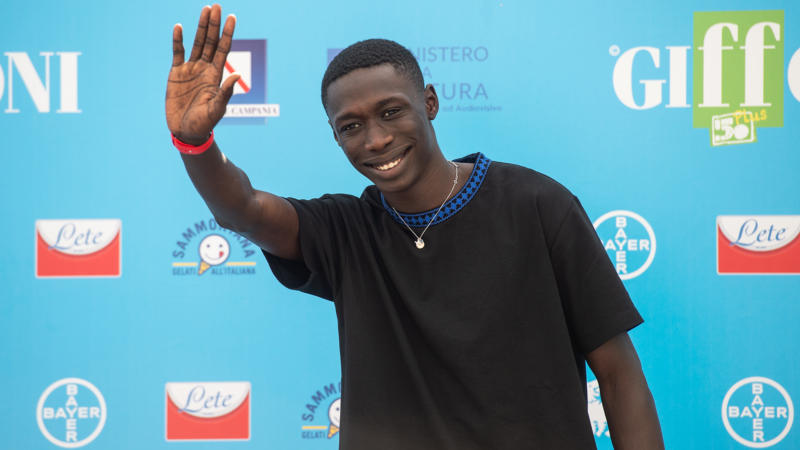
Khabane “Khaby” Lame chose to give back to his family as one of his first acts of success. As AFROTECH™ previously reported, Lame was once a factory worker in Chivasso, Italy, barely earning enough to make ends meet. He also worked several other jobs, driven by his commitment to support his family. “Before TikTok , I was working in a factory. I had a lot of different jobs,” he told People. “I was helping support my family — three little brothers, one older brother, and my parents. Then my world changed completely. It’s a whole different life now.” Lame’s circumstances took a dramatic turn for the better, all thanks to social media. What began as a simple hobby — silently reacting to memes and viral videos — quickly evolved into a life-changing platform for his unique, wordless humor. View this post on Instagram A post shared by Khabane Lame (@khaby00) Lame would soon find social media stardom, amassing 162.4 million followers and 2.5 billion likes on TikTok alone, along with an...

Editorial Note: Opinions and thoughts are the author’s own and not those of AFROTECH™. TikTok is once again finding itself at odds with the U.S government as it fights to stay available here in the U.S. Previously, TikTok had to go up against The Commitee On Foreign Investment In The United States because the company’s ties to China through its owner Bytedance prompted some concerns by the U.S. government for national security. President Joe Biden signed a new law in April 2024 that would force the sale of TikTok to a U.S.-owned entity, or it will face a permanent ban here in the U.S. starting January 2025. TikTok then asked the Supreme Court to place a pause on the potential ban to hear its arguments on why the platform should be able to operate in the U.S. The Supreme Court will hear the start to its arguments on Jan. 10. Today, TikTok is a place not only to discover content but also to engage in commerce. TikTok Shop launched in September 2023 and has quickly become a mainstay...

A TikTok ban could result in the loss of substantial earnings for small businesses and social media creators. As AFROTECH™ previously reported, the China-based platform, with over 1 billion users globally and 170 million in the U.S., is at risk of being banned as a result of the intention to “protect the national security of the United States from the threat posed by foreign adversary controlled applications.” The ban is expected to go into effect on Jan. 19, 2025, depending on whether the platform is unwilling to sell the application, per ABC News. On Dec. 6, 2024, the federal appeals court denied TikTok’s push to overturn the ban. Within days, TikTok doubled down and requested an emergency injunction to allow the Supreme Court to review the decision to ban the application at the start of the upcoming year. “The Supreme Court has an established historical record of protecting Americans’ right to free speech, and we expect they will do just that on this important constitutional...

Content creators are taking over. Entertainment is entering a new era as attention shifts away from traditional cable TV, streaming platforms like Netflix, Prime Video, and Peacock, and even movie theaters. More people are seeking fresh, innovative ways to engage their time and dollars. And the creators are certainly delivering with engaging content that circulates the web and is also attracting countless celebrities and companies who are looking to capitalize in a new territory. Forbes notes the creator economy is currently valued at $250 billion, and that number is projected to nearly double by 2027. Three top Black creators are not just participating in this revolution — they’re leading it. Kai Cenat Kai Cenat currently holds the crown as Twitch’s most-subscribed streamer, as AFROTECH™ previously reported. The New Yorker, who once lived in a shelter, recently concluded his month-long November 2024 “Mafiathon 2.” Users tuned in to his 24/7 Twitch livestream throughout the month,...
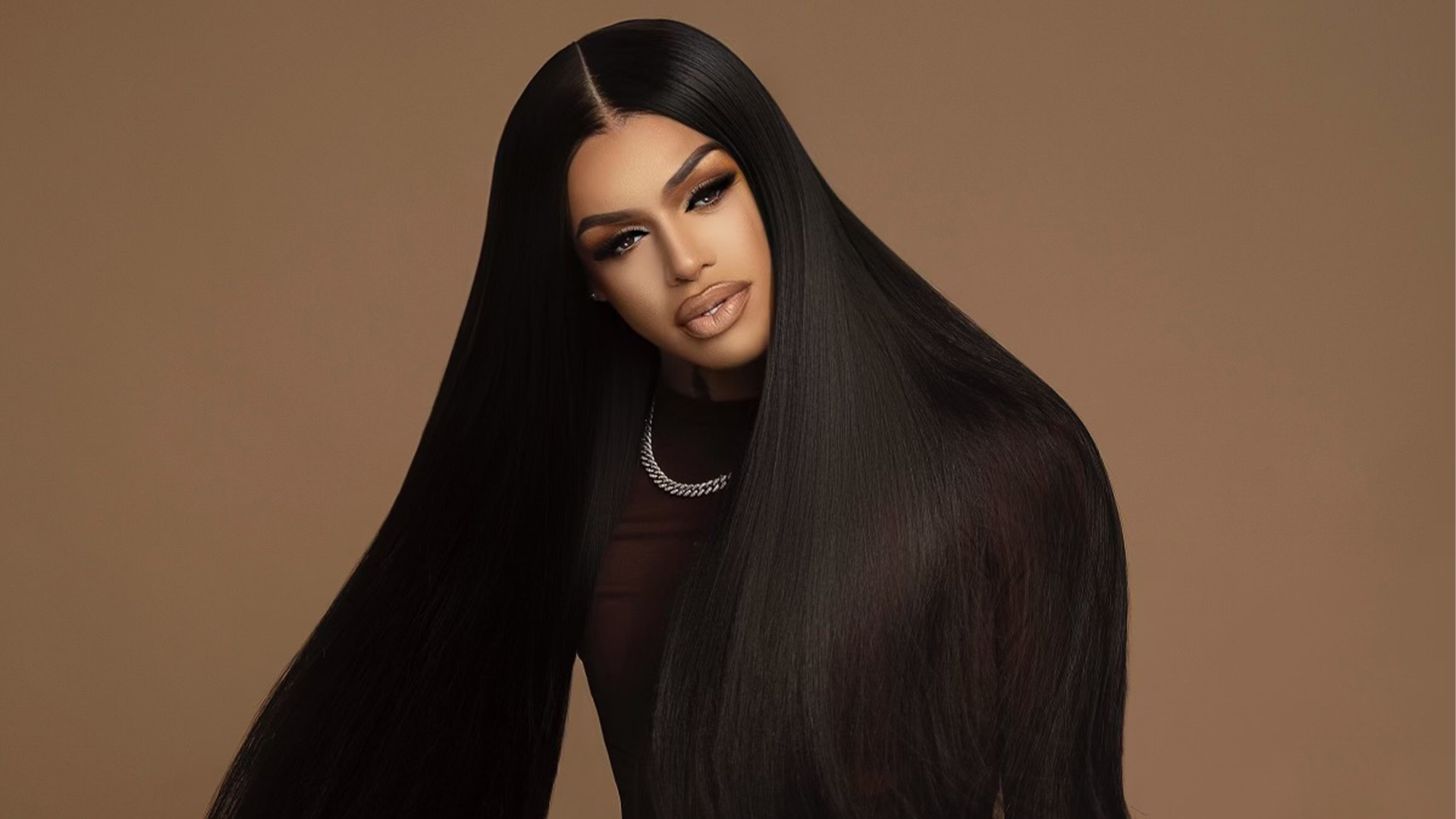
Cliff Vmir continues to build on his success as a seasoned hair stylist. Turning His Passion For Hair Into A Brand Vmir began showing interest in hair care at 8 years old. However, at 14, when his parents separated, he fully committed to his passion. This allowed him to financially support his mother, who had been out of work for three months due to a knee replacement. “It wasn’t until my mom and my dad split up completely, when I was 14, that I was able to kind of go in full-throttle and understand that this isn’t something that I wanna just play around with. This is something that I can make money from,” Vmir told AFROTECH™ in an interview. “It’s crazy ’cause it’s something that I love to do… I also feel like with my mom and my dad splitting up, it was just kind of something that financially I wanted to help my mom. So not saying that I was forced into it, but I felt like it was only right for me to just use what I have to get what we need, and I was able to kind of help support...

Khaby Lame is letting the numbers do the talking. As AFROTECH™ previously reported, Lame, now one of the most-followed creators , was once a factory worker in Chivasso, Italy. “I was really poor,” he said on a panel during Forbes Creator Upfronts in partnership with Walmart Creator on Oct. 29, 2024. Lame was later fired from his job, returned to live with his family, and decided to not look back. Instead, he chose to bank on what was once merely a hobby — TikTok — during the onset of COVID-19. “When I started making videos, people told me to get a proper job,” he mentioned to Forbes in 2023. “But I continued to make videos because that’s what I like doing, even though no one was watching them.” It would ultimately become a money machine because he stood out for reacting to memes and viral videos without saying a word. “It’s my face and my expressions which make people laugh,” he told The New York Times in 2021. View this post on Instagram A post shared by Khabane Lame (@khaby00)...
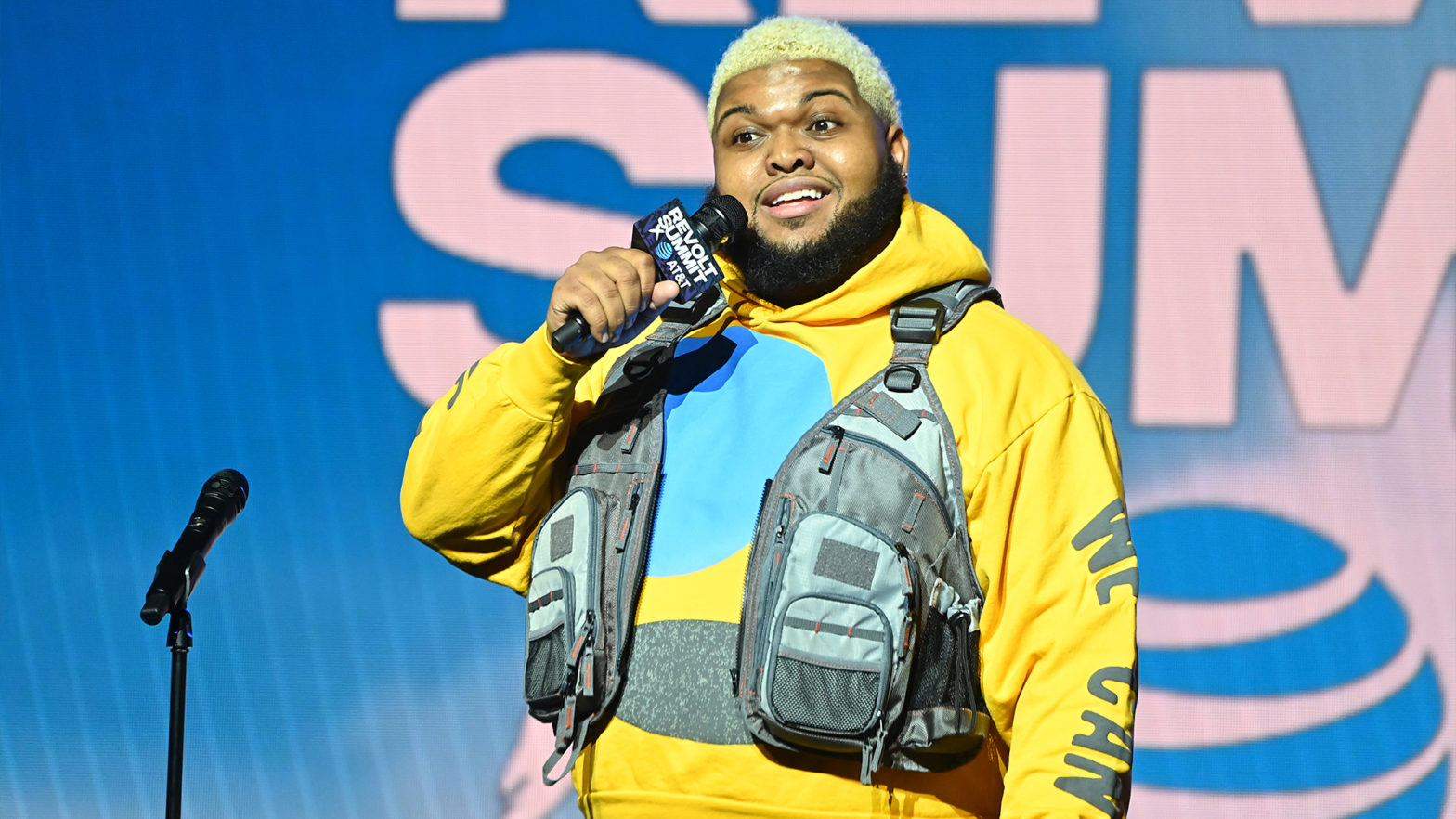
Druski has the content creation game on lock. As previously reported by AFROTECH™, the Maryland native’s foray into comedy dates back to skits he shared on Instagram under the handle druski2funny. According to Forbes, he was known for his humor as the class clown at an early age, though it wasn’t always to the amusement of his teachers and parents. “I think just being a class clown early on that’s what kind of grooved me in my career,” he told Forbes. “Sometimes when you’re young you really don’t know what your purpose is. But thankfully I have good parenting, so now we figured it out in the midst of all the craziness, but they don’t always support being a c lass clown while in school and being young. I had to figure it all out later in life. I came back to it, and I was like ‘All right this is my purpose.'” Before his big break, Druski faced various challenges, leading him to work different jobs — some he was fired from, others he quit. He considered pursuing higher education and...
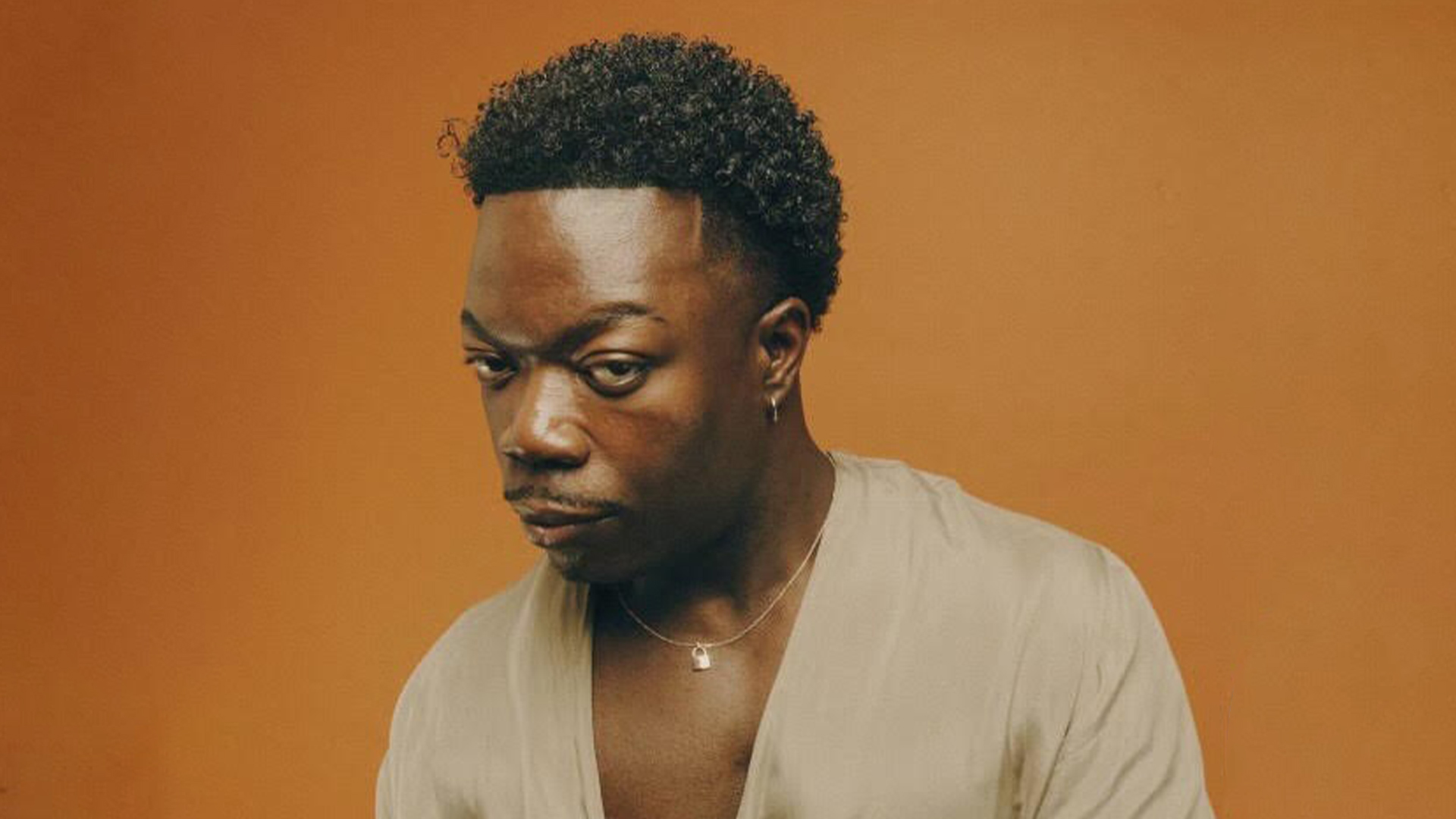
DeMarcus Shawn has the formula for building a strong following across social platforms. Shawn is an online creator known for sharing humorous skits on TikTok and Instagram. His sense of humor has always been evident among his family since growing up on the outskirts of Chicago, IL. He also draws inspiration from them still today. “I was able to experience all different facets of life growing up through school, through family and just everyday nuances,” he mentioned on the “Black Tech Green Money” podcast. Today, Shawn is a full-time content creator, but his journey began in 2017 with a 9-to-5 role as a Starbucks barista. While there he decided to turn more of his attention towards content creation in 2021. It was then that he was able to sustain himself through earnings via TikTok and his photography business, as AFROTECH™ previously reported. “When I quit Starbucks, I already had money saved up,” he said, per the “Black Tech Green Money podcast.” “It was 2021, so I had money saved...

Editorial Note: Opinions and thoughts are the author’s own and not those of AFROTECH™. “In the Club, we are all family” — does that ring a bell? TikTok has taken the world by storm since its transition from Musical.ly to TikTok following its acquisition by China-based Bytedance in 2017. Whether for dances, skits, or news, TikTok has become the destination for people worldwide to discover content that resonates with them. Although it serves as a platform for entertainment, learning, and creativity, TikTok has also been regarded as a national security risk by governments around the world, including those in India, Europe, and the United States. In India, TikTok and other Chinese-owned companies were banned in 2020. I was working as a team lead on TikTok’s global product operations team during its rise and subsequent ban in India. The ban restricted new downloads of the app, but employees in our India office were free to work on other projects with colleagues who needed extra support...